Pediatric laparoscopic pull-through procedure for Hirschsprung disease
Our experienced pediatric surgeons are skilled in surgical procedures to treat Hirschsprung disease, a disorder that affects nerve cells in a child’s intestine. At the Colorectal and Pelvic Center at Children's Health℠, our multispecialty team diagnoses and treats Hirschsprung disease and other complex conditions of the digestive system. We bring together our expertise from several medical fields to provide compassionate care to improve your child’s health, well-being and quality of life.
What is the pediatric laparoscopic pull-through procedure for Hirschsprung disease?
Children who are born with Hirschsprung disease are missing certain nerve cells in the intestine, most commonly the large intestine. The condition affects the coordinated squeezing action called peristalsis, which moves stool (poop) through the intestines. Hirschsprung disease slows or stops stool from moving through, and the intestine becomes blocked.
To help your child have normal bowel movements, our surgeons perform a minimally invasive procedure. Surgeons first remove the section of the intestine that is missing nerve cells. They connect the healthy section to the anus (end of the large intestine where stool exits the body). In many cases, our surgeons perform this procedure in a single operation.
What are the benefits of the pediatric laparoscopic pull-through procedure for Hirschsprung disease?
The key benefit of the laparoscopic pull-through procedure is that it removes the section of intestine with missing nerve cells to remove the blockage. After the procedure, the child will have bowel movements more easily as stool moves more normally through the intestines and out of the body through the anus.
The laparoscopic pull-through is a minimally invasive procedure that requires a few tiny incisions (cuts) on the abdomen (belly) to access the treatment area. In some cases, we may perform this procedure through the anus (transanal approach), which requires no incisions on the abdomen.
Benefits of our minimally invasive approaches include:
Less bleeding and scarring
A shorter hospital stay and recovery time
Less pain after surgery
What are the risks of the pediatric laparoscopic pull-through procedure for Hirschsprung disease?
Your child’s care team works carefully to minimize any risks of complications with a laparoscopic pull-through procedure. Our surgeons and their teams have years of experience performing this procedure on infants and young children, which reduces the risk of potential complications. If a problem occurs, we quickly take steps to protect your child’s health. Your child’s care team will discuss possible risks of a laparoscopic pull-through surgery with you before the procedure.
In general, risks may include:
Bleeding from the surgical site
Infection after surgery
Reaction to anesthesia (medicine to put your child into a sleeplike state for surgery)
Excessive pain
Wound breakdown
Skin irritation or breakdown on the buttocks
Stricture (narrowing) in the anus
Fecal incontinence (soiling) or difficulty with stooling, which may require bowel management or additional procedures
After pull-through surgery, children with Hirschsprung’s disease can still develop enterocolitis, an infection in the large intestine. Learn more about Hirschsprung’s disease and how we manage related issues such as enterocolitis.
What to expect with the pediatric laparoscopic pull-through procedure for Hirschsprung disease
Your child may need one or more surgeries over several months to fully repair the large intestine, depending on how much of the intestine is affected by Hirschsprung disease. The disease may affect only the rectum (lower end of the large intestine), a large section of the large intestine, the entire large intestine or, in very rare cases, part or all of the small intestine.
At the Colorectal and Pelvic Center, our surgeons have the expertise to treat all types of Hirschsprung disease, whether it affects a short segment or the entire small and large intestine. Whenever possible, we perform a single-stage operation to reconstruct the intestine. We work closely with you and your family to help you understand your child’s specific needs and decide on the right treatment options for them.
What to expect before the pediatric laparoscopic pull-through procedure for Hirschsprung disease
If needed, your child may have an ostomy as the first stage of treatment. In this procedure, the surgeon creates an opening in the belly and connects the intestine to it. Your child will have a collection bag attached to the opening to collect stool as it leaves the body.
With an ostomy, your child can eat and digest normally, and they will continue to grow before the laparoscopic pull-through procedure.
What to expect during the pediatric laparoscopic pull-through procedure for Hirschsprung disease
Often, our surgeons can perform this procedure shortly after birth, when we first diagnose Hirschsprung disease, so your child may not need an ostomy. First, our surgeons take one or more tissue samples (biopsy) of your child's intestines to identify the areas that lack nerve cells.
The surgeons then remove the diseased sections of intestine using a scope (narrow camera) and surgical instruments inserted through small incisions. When possible, we perform the pull-through procedure entirely through the child's anus, which requires no incisions and leaves no scars.
We then attach the end of the remaining, healthy intestine to the child's anus to construct a fully functioning large intestine (and part of the small intestine, if needed). By removing the part where nerve cells are missing, we ensure that the remaining large intestine has working nerve cells for proper bowel function.
If your child had an ostomy as the first stage of surgery, our surgeons sometimes close it during the pull-through procedure. In other cases, we close the ostomy in a separate procedure several weeks after the pull-through procedure, once the anal area has healed.
What to expect after the pediatric laparoscopic pull-through procedure for Hirschsprung disease
Most children need to stay in the hospital for a few days after a laparoscopic pull-through procedure for Hirschsprung disease. Before you leave the hospital, your child’s care team will provide you with complete instructions for how to care for your child at home.
Because your child will likely pass several stools a day at first, the skin around their anus may become irritated (severe diaper rash). We will teach you how to care for the skin in that area and how to keep any abdominal incisions clean and dry.
What questions should I ask my provider about the pediatric laparoscopic pull-through procedure for Hirschsprung disease?
As you decide on treatment options for your child, you may want to ask the care team questions such as:
Are there other treatment options for Hirschsprung disease?
What medications should my child stop taking before the procedure?
How soon will I be able to see my child after the procedure?
How long will my child need to stay in the hospital after a laparoscopic pull-through procedure for Hirschsprung disease?
Will my child go home with any special equipment after the procedure?
Pediatric laparoscopic pull-through procedure doctors and providers
Our multispecialty team works together to help children overcome even the most complex types of Hirschsprung disease and other digestive disorders. We’ll stay by your side, every step of the way, to provide the care your child needs to achieve their best health.
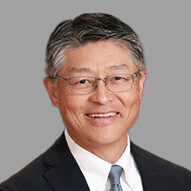 Dai Chung, MDPediatric Surgeon
Dai Chung, MDPediatric Surgeon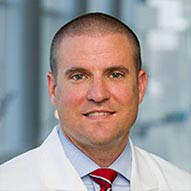 Adam Alder, MDPediatric Surgeon
Adam Alder, MDPediatric Surgeon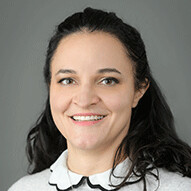 Nathalie Brewer, MDPediatric Surgeon
Nathalie Brewer, MDPediatric Surgeon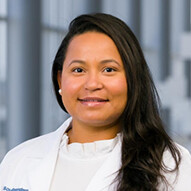 Natasha Corbitt, MDPediatric Surgeon
Natasha Corbitt, MDPediatric Surgeon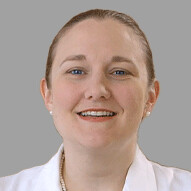 Diana Diesen, MDPediatric Surgeon
Diana Diesen, MDPediatric Surgeon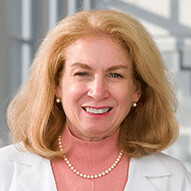 Barbara Gaines, MDPediatric Surgeon
Barbara Gaines, MDPediatric Surgeon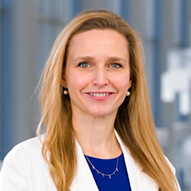 Lauren Gillory, MDPediatric Surgeon
Lauren Gillory, MDPediatric Surgeon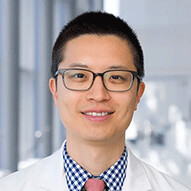 Charles Hong, MDPediatric Surgeon
Charles Hong, MDPediatric Surgeon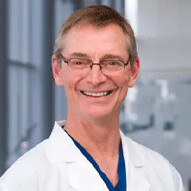 Stephen Megison, MDPediatric Surgeon
Stephen Megison, MDPediatric Surgeon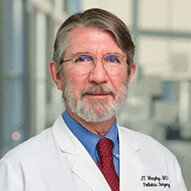 Joseph Murphy, MDPediatric Surgeon
Joseph Murphy, MDPediatric Surgeon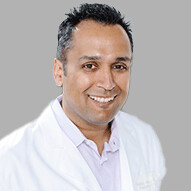 Samir Pandya, MDPediatric Surgeon
Samir Pandya, MDPediatric Surgeon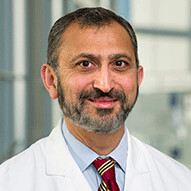 Faisal Qureshi, MDPediatric Surgeon
Faisal Qureshi, MDPediatric Surgeon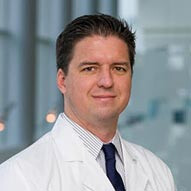 Mark Ryan, MDPediatric Surgeon
Mark Ryan, MDPediatric Surgeon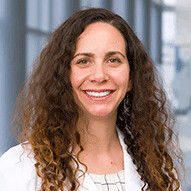 Sharon Kluger, APRN, PNP-AC/PCNurse Practitioner - Pediatric Surgery
Sharon Kluger, APRN, PNP-AC/PCNurse Practitioner - Pediatric Surgery